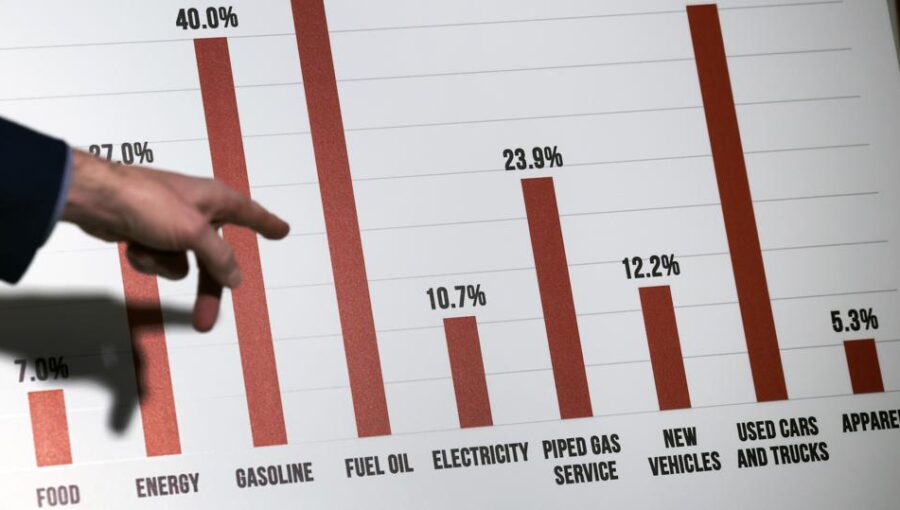
Companies are a lot more willing to raise prices now — and it's making inflation worse
In this recent period of high inflation, it has been observed that companies are more inclined than usual to increase their prices, which places a greater burden of inflation on consumers.
This may not come as a surprise to those who have recently browsed grocery aisles, explored new cars at dealerships, or filled up their gas tanks. Even the Bank of Canada has taken notice of this trend as it continues to grapple with the challenge of taming inflation.
Speaking to a parliamentary committee in Ottawa last week, the bank's governor, Tiff Macklem, informed lawmakers that the bank has identified a concerning and new trend in the corporate sector.
For more than a few decades, whenever businesses experienced an increase in their input costs, such as what they pay for raw materials, energy, and even labor, "they were generally cautious and didn't pass on the cost increase to the prices of the goods and services they offered," as Macklem explained.
However, in this current high inflation environment, the bank has noticed that companies are not as concerned about doing so as they typically were.
"When input prices have gone up... those price increases are being quickly transferred to the prices of final goods. Consequently, households are bearing a greater portion of the inflationary impact, which is quite evident in the data."
When asked about how much of Canada's current inflation problem could be attributed to price hikes that go beyond the increases in companies' costs, Macklem stated, "I don't think we can provide a precise number." Nonetheless, other central banks have been more willing to do so.
Suggested Content
Latest Blog
Login first to rate.
Express your opinion
Login first to submit a comment.
No comments yet.
























